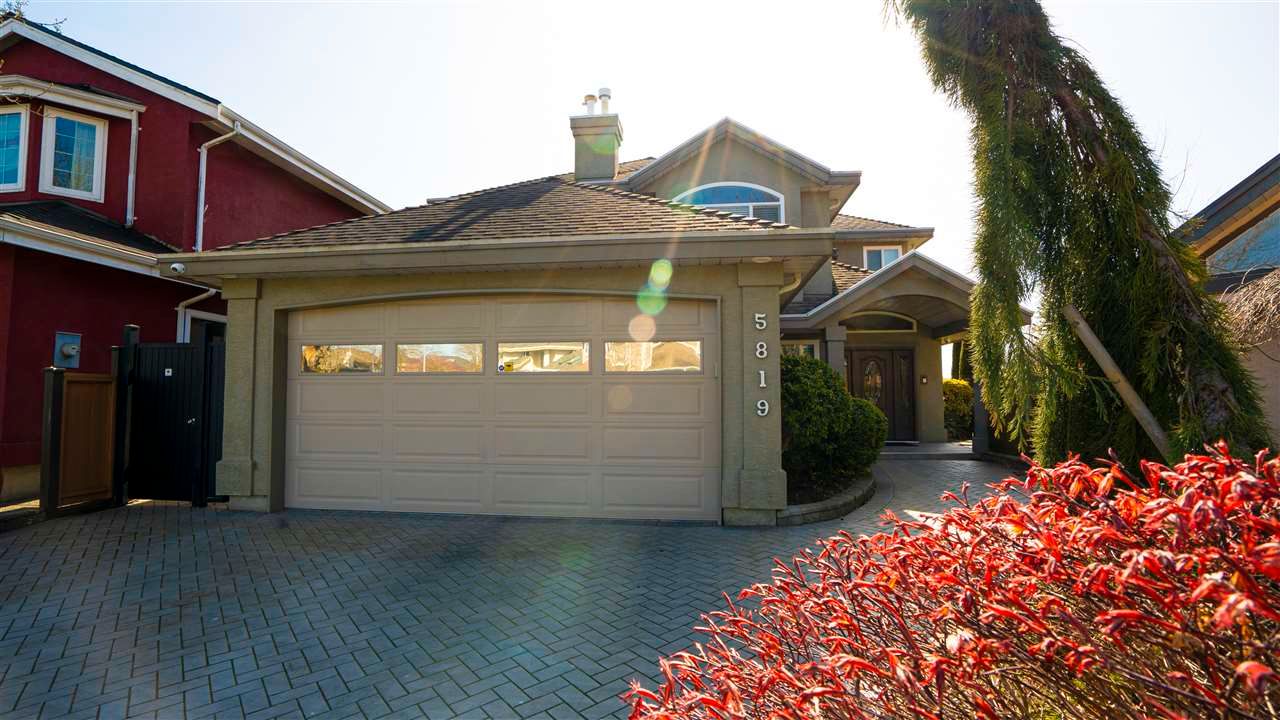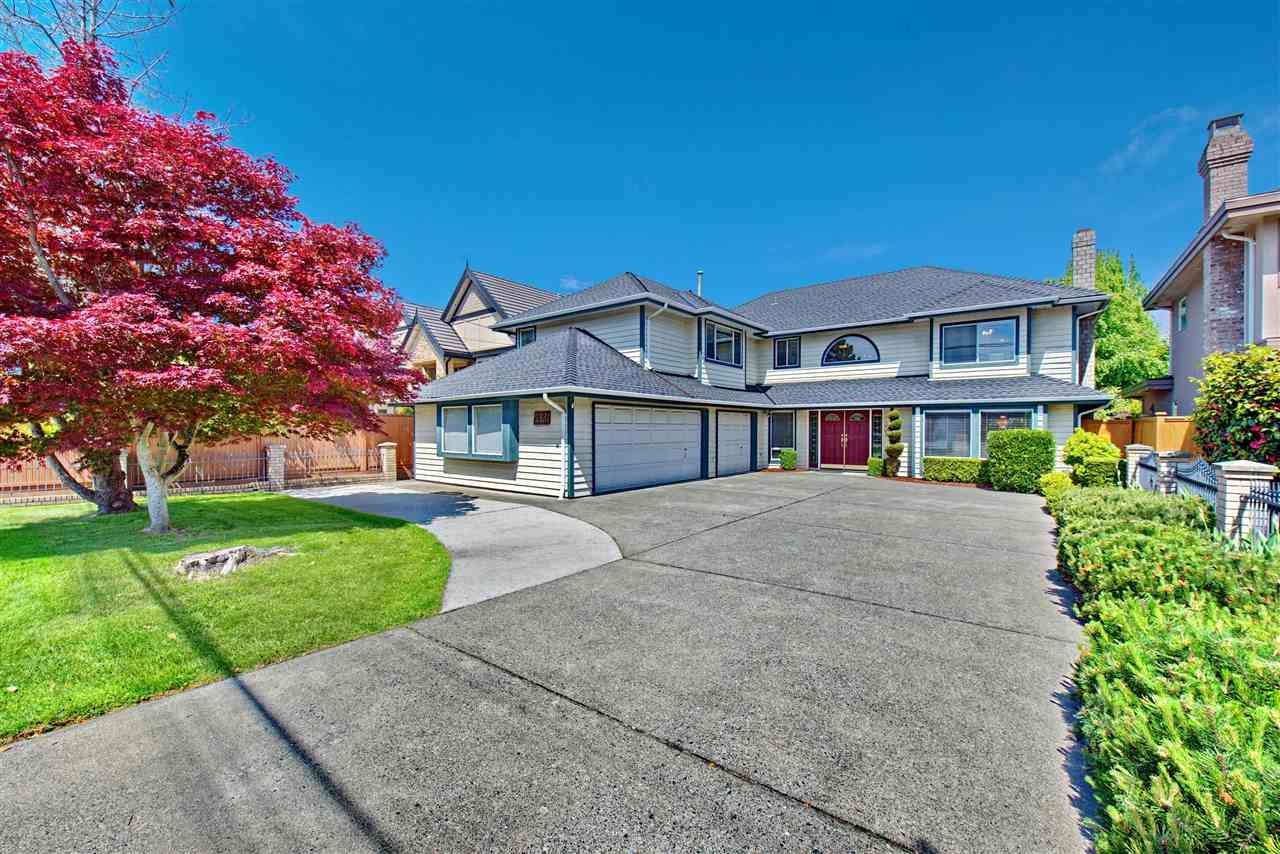I have sold a property at 1521 Sherlock AVE in Burnaby



Detached houses represent the traditional idea of what is a home.
A home is four walls, a roof, and a yard.
With a single-family home, the title holder owns both the house and the land it sits on.
In places like Vancouver where supply of land is limited, land is very valuable.
This reminds realtor David Hutchinson of a question from a former client.
“I was once asked by a client who was selling her detached house why townhouses were selling at the same price as her older home with a large yard,” Hutchinson related to the Straight.
This got the Sutton Group-West Coast Realty agent himself thinking.
“Where's the value? Is it in the dirt?” he recalled.
There’s no one answer.
“I replied, ‘Well, some buyers like newer, different construction, one that has all the new bells and whistles’,” Hutchinson said, referring to townhouses.
Like detached residences, townhouses are ground-oriented homes.
But unlike detached homes, owners of townhouses have to share walls and common spaces with their neighbours.
“It really depends what you're looking for, but others see the value in the land,” Hutchinson said.
Although townhouses generally cost less than detached homes, there are many examples wherein the opposite is true.
Hutchinson provided a long list of sold and listed properties in Vancouver to illustrate that a number of townhouses sell for higher prices than single-family homes.
One is a west side detached home at 4417 West 16th Avenue. Built around 1920 and located near Pacific Spirit Park, the four-bedroom and two-bath property sold on July 13, 2021, for $2 million.
Meanwhile, there’s a three-bedroom and four-bath townhouse at 4023 Vine Street, which is also a west side address.
This townhouse was built in 1974 and renovated in 2010. It sold higher than the detached home at 4417 West 16th Avenue for $2,150,000 on July 4.
 The detached home (left) at 4417 West 16th Avenue sold for $2 million on July 13, 2021, and the townhouse (right) at 4023 Vine Street, also on the west side of the city, sold for $2,150,000 on July 4.
The detached home (left) at 4417 West 16th Avenue sold for $2 million on July 13, 2021, and the townhouse (right) at 4023 Vine Street, also on the west side of the city, sold for $2,150,000 on July 4.
In addition to offering the experience of ground-oriented living as detached houses, townhouses also provide convenience as these are strata properties like condos.
“Moving from a condo to a detached house can be challenging,” Hutchinson said.
Suddenly, the Sutton Group-West Coast realtor explained, there is no property manager, concierge or caretaker, to contact.
“If there's an issue with your plumbing, roof, or gutters, the only person you can call is yourself,” Hutchinson said.
And, finding a good contractor, especially for small jobs, can be very difficult and expensive, the Vancouver realtor added.
“Not to mention, the general, and ongoing, upkeep of a detached house. Everything from the never-ending gardening, tree pruning, roof cleaning, grass cutting, and, of course, the occasional exterior house painting,” Hutchinson said.
This can all seem overwhelming to the average buyer, he added.
“So, even though the detached house may have some more potential as an investment, the townhouse option gives you much more time for other activities,” Hutchinson said.
One is when vacation time arrives.
“Basically, if you go on a holiday, you can just shut the door, and off you go,” he added.
 The townhouse (left) at 3-1851 Adanac Street on the east side of Vancouver sold for $1,638,000 on August 4, 2021, and the detached home (right) at 1043 East 58th Avenue sold for $1,628,888 on July 27.
The townhouse (left) at 3-1851 Adanac Street on the east side of Vancouver sold for $1,638,000 on August 4, 2021, and the detached home (right) at 1043 East 58th Avenue sold for $1,628,888 on July 27.
On August 6 this year, the Straight wrote about a Dexter Realty report that townhouses are the “most in-demand” type of home in Greater Vancouver.
However, the report noted that there is a “lack of listings” for this type of home.
Based on official figures from the regional real estate board, townhouses had the highest sales-to-active-listings ratio at 47.8 percent in July 2021.
In comparison, detached homes had a sales-to-listings ratio of 25.5 percent last month. Condos had a rate of 37.3 percent.
As a general rule, a ratio of 21 percent and over means it’s a seller’s market.
Meanwhile, a ratio of 12 percent to 20 percent means a balanced market. A ratio of 11 percent and below means a buyer’s market.
 Living room of a Yaletown townhouse at 268 Beach Crescent currently on the market for $6,980,000.
Living room of a Yaletown townhouse at 268 Beach Crescent currently on the market for $6,980,000.
Generally, detached homes are the most desired properties, and this is reflected in prices.
In July 2021, the benchmark price for a detached home in markets served by the Real Estate Board of Greater Vancouver rose to $1,801,100, representing a 21 percent annual increase from July 2020.
This price is almost double the benchmark price of an attached home, which was $949,400 last month, making for a 16.7 percent yearly increase.
For condos, it was $736,900 in July 2021, which means an 8.4 percent increase from the same month last year.
Meanwhile, the Fraser Valley Real Estate Board covers Surrey and nearby markets.
In July 2021, the price of a typical single-family home in this region increased to $1,319,200, or up 30.9 percent compared to July 2020.
Meanwhile, townhomes had a benchmark price of $688,400, an increase of 22.3 percent compared to July 2020. The price of a typical apartment increased 13 percent to $494,000.







BMO Financial Group says recent changes to mortgage stress test rules and the cooling of prices and sales in some regions may moderate the country’s housing market.

“We can assume, just given what we’re seeing right now in housing prices and sales, that there will be some moderation,” Erminia Johannson, BMO’s group head of North American personal and business banking told analysts on Wednesday.
“But it will still remain a fairly robust mortgage market in Canada, for sure, over the next little while.”
Johannson made the comments as BMO beat expectations, reporting its second-quarter profit nearly doubled compared with a year ago when the amount it set aside for bad loans soared at the start of the pandemic.
The new mortgage stress rules come into effect on June 1. They will set the qualifying rate on uninsured mortgages at either two percentage points above the contract rate, or 5.25 per cent, whichever is greater.
The change is aimed at taking the heat off real estate markets like Toronto and Vancouver, where bidding wars, soaring prices and a flurry of sales were the norm during the COVID-19 pandemic.
While real estate boards in hot markets have reported sales are slowing and prices are coming down, many prospective homebuyers remain priced out of popular markets.
Predicting what impact the new test will have is difficult, but when coupled with a drop in some area’s home prices, Johannson believes it could push buyers to seek more affordable housing or turn to parents for help.
BMO is already preparing for what might happen with the new test, BMO’s chief risk officer said.
“We’re routing more mortgages to manual adjudication particularly where…we’ve seen rapid house price appreciation, just to make sure that we’re comfortable,” Patrick Cronin said during the same conference call.
BMO chief executive Darryl White said the pandemic has brought challenges unlike any the bank faced before, and that will have impacts for some time to come.
“We have grown stronger, underpinned by our purpose-driven strategy and the culture that will help drive a sustainable and inclusive recovery,” White said.
In its quarter ended April 30, BMO earned $1.3 billion in net income or $1.91 per share, up from $689 million or $1.00 per share a year ago.
The increase came as BMO’s total provision for credit losses fell to $60 million in its latest quarter compared with $1.1 billion in the same quarter last year when the pandemic brought the economy to a halt.
Revenue for the quarter totalled nearly $6.1 billion, up from almost $5.3 billion a year ago.
On an adjusted basis, BMO said it earned nearly $2.1 billion or $3.13 per share for the quarter, up from an adjusted profit of $715 million or $1.04 per share a year ago.
Analysts on average had expected an adjusted profit of $2.77 per share for the quarter, according to financial data firm Refinitiv.
Last month, BMO announced a deal to sell its asset management business in Europe, the Middle East and Africa (EMEA) to Ameriprise Financial Inc. for $1.09 billion.
BMO was the first of Canada’s big banks to report its second-quarter results.
Canadian Imperial Bank of Commerce, Royal Bank of Canada and TD Bank Group will report Thursday, followed by National Bank of Canada on Friday. Bank of Nova Scotia will share its figures next week.

